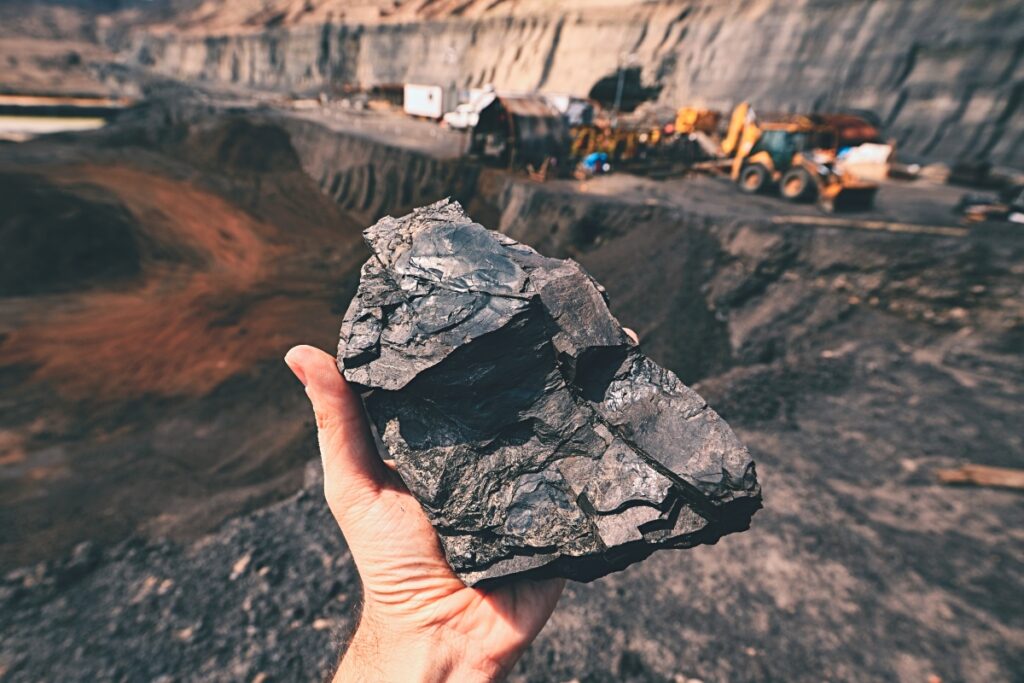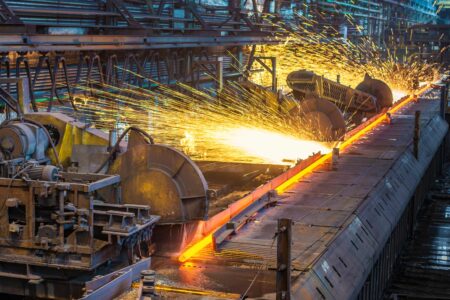- Authorities in South Africa are pursuing a coal-smuggling gang that often steals high-grade coal heading to power plants.
- The gang is also accused of swapping high-grade coal for sub-standard one that damages coal stations.
- South African Revenue Service says the gang comprises South Africans and foreign nationals.
Over and above the graft and management woes gripping South Africa’s power utility Eskom, a brazen coal-smuggling gang has been operating under the authorities’ nose, worsening the electricity crisis that could lead to a nationwide blackout.
However, the South African Revenue Service (SARS) says it is closing in on the gang. SARs is working with law enforcers to conduct searches and seizures across five provinces where the coal-smuggling gang operates.
Coal-smuggling gang members
Searches for the gang members responsible for coal smuggling in South Africa, who include locals and foreign nationals, are ongoing. The target hideouts are Free State, Mpumalanga, KwaZulu-Natal, Gauteng, and Limpopo provinces. According to the latest SARS update, authorities have not made any arrests.
SARS says the coal-smuggling gang trailed and diverted trucks carrying high-grade coal to power stations in an operation that reads like a movie script.
Once they seized the trucks, the gang either stole the coal to sell or swapped it with a sub-standard one. SARS notes that this substandard coal has been causing crippling damage to Eskom’s power plants.
Low-grade coal significantly impeded the utility’s ability to generate electricity for the South African grid.
“The suspects targeted today include former Eskom employees who facilitated procurement fraud, as well as other individuals involved in the diversion of high-grade coal,” said SARS.
Gang accused of gross tax violations
SARS added that it had established suspect links between individuals and related entities who jointly perpetrated gross tax violations. Some standout malpractices include non-registration for Income Tax, VAT, and PAYE. Further, the suspects did not submit tax returns even as they under-declared their income. Moreover, they claimed undue VAT refunds while making false submissions.
SARS Commissioner Edward Kieswetter said, “It is because of such naked greed that the country has experienced unprecedented load-shedding, which harms business, undermines foreign direct investment, and leads to job losses – all of which negatively affect revenue collection.”
SARS noted that the ongoing pursuit of the coal-smuggling gang prevented the loss of about $26.3 million (R500 million) in revenue.
South Africa is the continent’s most advanced economy. However, the country’s 62 million people are experiencing one of the worst electricity crises in history. Utility Eskom has been scheduling rolling blackouts because South Africa’s coal-fired plants cannot generate enough electricity.
Read also: Why South Africa’s power crisis could last a long time
Eskom’s corruption and mismanagement
Data from the country’s central bank shows power cuts reduced South Africa’s growth by 3.2 percentage points last year. Experts estimate that load shedding will likely dampen growth until early next year.
As a result, businesses have to spend millions on alternative power sources, such as fuel generators and solar plants.
For years, State-owned power utility Eskom, which produces about 95 per cent of South Africa’s electricity, has been accused of runaway corruption and mismanagement.
In April, Eskom former CEO Andre de Ruyter told Parliament that the utility loses over $55 million monthly from theft. Ruyter pointed out that coal theft results in the utility’s most significant losses. He estimated that even a 5 per cent loss in Eskom’s coal expenditure could swell to $26.3 million (R500 million) monthly.
Ruyter also highlighted fraud related to monthly prepaid electricity vouchers exceeding $21 million (R400 million). Theft of cables, overhead lines, transformers, and conductors costs Eskom $8.9 million (R170 million) monthly.
Currently, coal is South Africa’s primary source of energy. Coal comprises about 80 per cent of the country’s energy mix. However, according to the 2019 Integrated Resource Plan, 24,100MW coal stations will likely be decommissioned within 10-30 years. As coal plants are switched off, renewable generation is set to come online in the coming years.











